Students Explore Identity Through Name, Pronoun Changes
Jay DeLosSantos says he grew up feeling out of place.
“I hated the way I looked,” he said. “I … was just uncomfortable in my body.”
Labeled female at birth, he said his given name never really fit him and from a young age he had a feeling deep down he was male.
“[Thinking] about my childhood, [I’ve] always been referred to as a ‘tom boy’, [and there are] many videos from me when I was 2-3 saying I was a boy,” he said.
In 5th grade, he learned about the term gender dysphoria, which means a “feeling of discomfort or distress that may occur in people whose gender identity differs from their sex assigned at birth,” according to the Mayo Clinic.
“Almost everything about it applied to me,” Jay said.
After learning about the term, he decided to begin the process of transitioning to male, starting with his name. He chose the name Jay because the bluejay was his favorite bird at the time. He used it on himself for a while before telling others “and it felt right,” he said.
“That’s how I figured out who I was. I was Jay.”
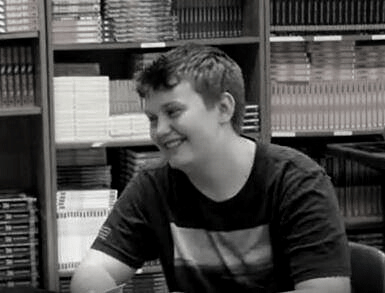
Jay is among a rising number of students who are choosing to change their name in order to better fit with their identity–but also for other reasons.
Based on a survey from the Williams Institute, 9.5 percent of teenagers (13-17) are LGBT. Also, according to the U.S Transgender Survey, about a third of people who identify as transgender change their names legally.
Many people know transgender as switching from male to female or vice versa. However, with the increase in the number of gender identities the term “transgender” has come to mean much more than its original meaning. Now, the term can be used to describe any kind of gender change, whether it be female to genderfluid, male to agender, or anything else along the huge spectrum of identities.
A little over 16 percent of a survey of 60 students at Socastee said they had changed their name (most because of identity issues, but some for other reasons). Of the students surveyed, 33 percent said they identified as LGBT+, and 5 percent said they are still questioning.
Teenagers change their names for a myriad of reasons. For some, the change has nothing to do with gender.
Freshman L Carpenter changed their name in 4th Grade simply because they didn’t like their original name. They settled on their name by going online, then “would talk to [them]self in that name to see if [they] liked it or not.”
For others, it’s more complicated. Sophomore Khoi Sheets, originally Olivia, said she identifies as a demigirl: a girl and nonbinary.
“I changed my name to feel more like myself,” she said. “I changed my name to Khoi to feel more genderless, and to feel more comfortable with myself.”

Sophomore Nolan Meade said he found it difficult to change his name, but he decided to do so in October 2020 because he also felt it would help him feel more like himself.
“I felt a really large attachment to my given name, and I thought about going back to my given name,” he said, “but I chose just to stick with my chosen name.”
The name he chose is close to his birth name, Nalani, though. “I kind of just inverted my given name to the male version of it.”
Sophomore Michael Ramsey, who is transgender, changed his name seven years ago from a name he doesn’t want disclosed. “I was in third grade, and that was when I first was told that being trans was a thing.”
He chose it because he was into a musical called “Be More Chill”, and related to the character Michael Mell, a high schooler who is comfortable being unpopular, plays video games, and wears a patch that some speculate indicates he’s gay or at least supportive of the LGBT+ community.
“I was like, ‘You know what, I think that’s what I’m gonna go with,’ because being named after one of your favorite characters felt special to me,” Michael said.
Freshman Rex Marquardt changed his name from Savannah in the summer between sixth and seventh grade when he began to identify as male. He said the name “just came to me after time.”
With so many names to choose from, it can be difficult to settle on one.
Freshman Sonnie Love said their name change allowed them to feel more comfortable with their identity as genderfluid, and also to choose a name they like.
“I’ve kind of always hated my birth and given name anyways,” they said, “but when I found out that I didn’t identify with the gender I was assigned at birth I was like, ‘Hey, now’s a better time than ever’.”
They said their new name suits them better and is “a name that [they] resonated with something [they] enjoyed being called, [and] something that kind of fit [their] general aesthetics.”
Sonnie has actually had many name changes. They also go by Ghost.
“I wanted a name that was kind of cool and angsty, and it kind of fit with my TikTok because I cosplay and stuff… I ended up landing on Ghost because I thought it was cool.”
Grayson is another name they go by. They came across Grayson using a more unique method.
“In sixth grade, I was in Mock Trial and my character’s name was Gray Fields, and I really liked the name Gray, but just Gray was kind of plain so I added the ‘son’.”
Sophomore Blake Srivastava has also changed his name a few times. He said it took him a while to really get comfy with a name before fully going with it. He first changed it to Jackie in fourth grade when he began identifying as male. But then he changed it to Blake, getting the name from a street near where he lives.
“It’s Blake Road, literally, so I just went with that.”
Not everyone chooses to go as far as changing their names, though. Some, like Freshman Kylee Shyann Hancock, simply change their pronouns to better match their identity. “It fit who I was more,” they said.
Senior Kyla Marques changed their pronouns as a first step, and they are considering changing their name, too.
“I feel like… you should be able to be validated,” Kyla said, “whether you have a name change or not, and people should just use your pronouns regardless.”
People who’ve changed their names do not always tell everyone; they consider how others will react to it. Some only have their close friends call them by the new name, but they still go by their dead name to teachers or parents.
“I kind of considered what would happen if I were to tell the adults in my life, such as teachers, because my parents aren’t very accepting,” Nolan said, “so if I were to tell teachers my chosen name, I would be afraid of them accidentally using it in an email and outing me, or outing me on purpose.”
Junior Jordan Riley said she supports anyone who changes their name.
“Honestly, I think it’s normal and people should respect it,” she said.
Others, such as Sophomore Jonatan Urrutia-Reyes, say they will only call people by the birth name. Jonatan said he was brought up in the Hispanic culture, and religiously, and he was taught to believe that birth names are important.
“I find it more as in a way of respect,” he said.
For teachers, it can be confusing if a student changes their name, especially if they knew them by a different name previously or the student’s name has not legally been changed. Social Studies Teacher Mr. Jason Williams said he calls students whatever their official name is in Powerschool.
“A name doesn’t really define the person of who you are,” he said. “You can be whoever you want to be and still have the same name. That doesn’t change how you feel inside or how you feel about who you are.”
French teacher Mrs. Kelly Chilson, however, addresses students by any name they tell her they want to be called.
“I want them to learn to their best capability, and I feel them going by a chosen name is not inappropriate or damaging to anyone,” she said. “Whether or not I agree with their decisions, I just want them to know they are loved and that we will always be there for them.”

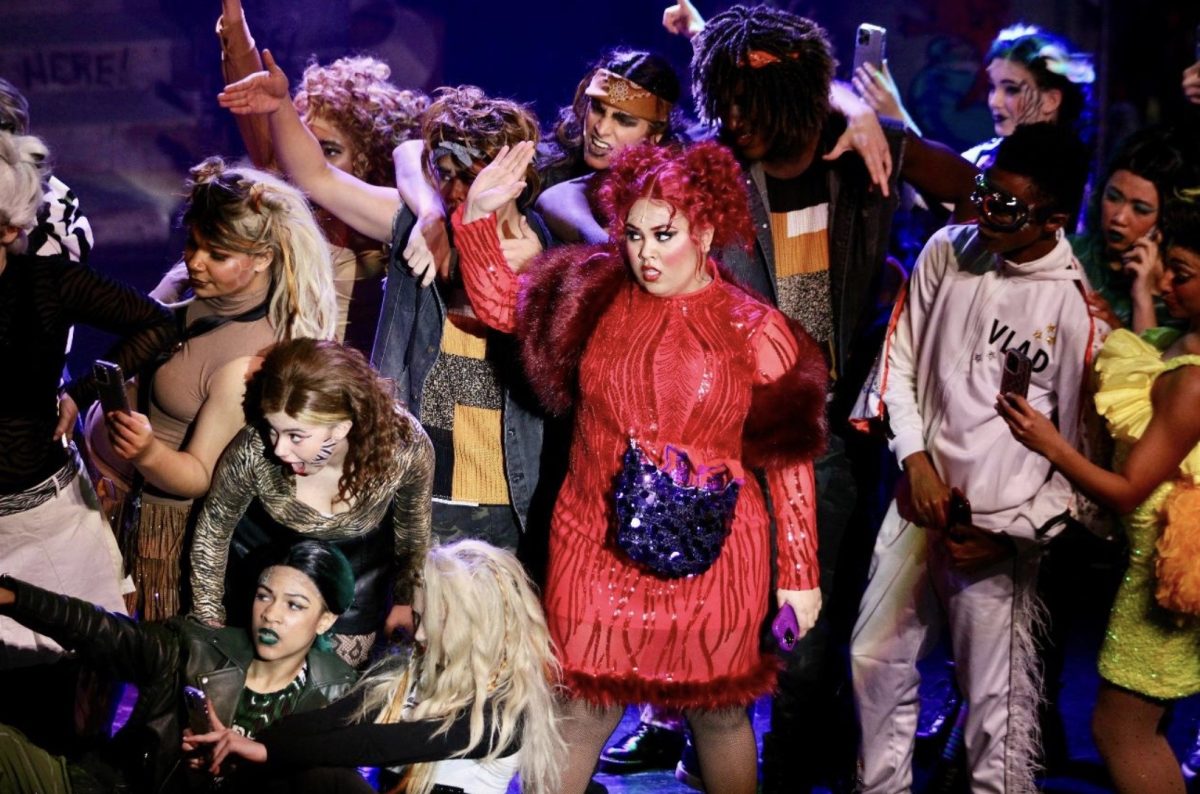




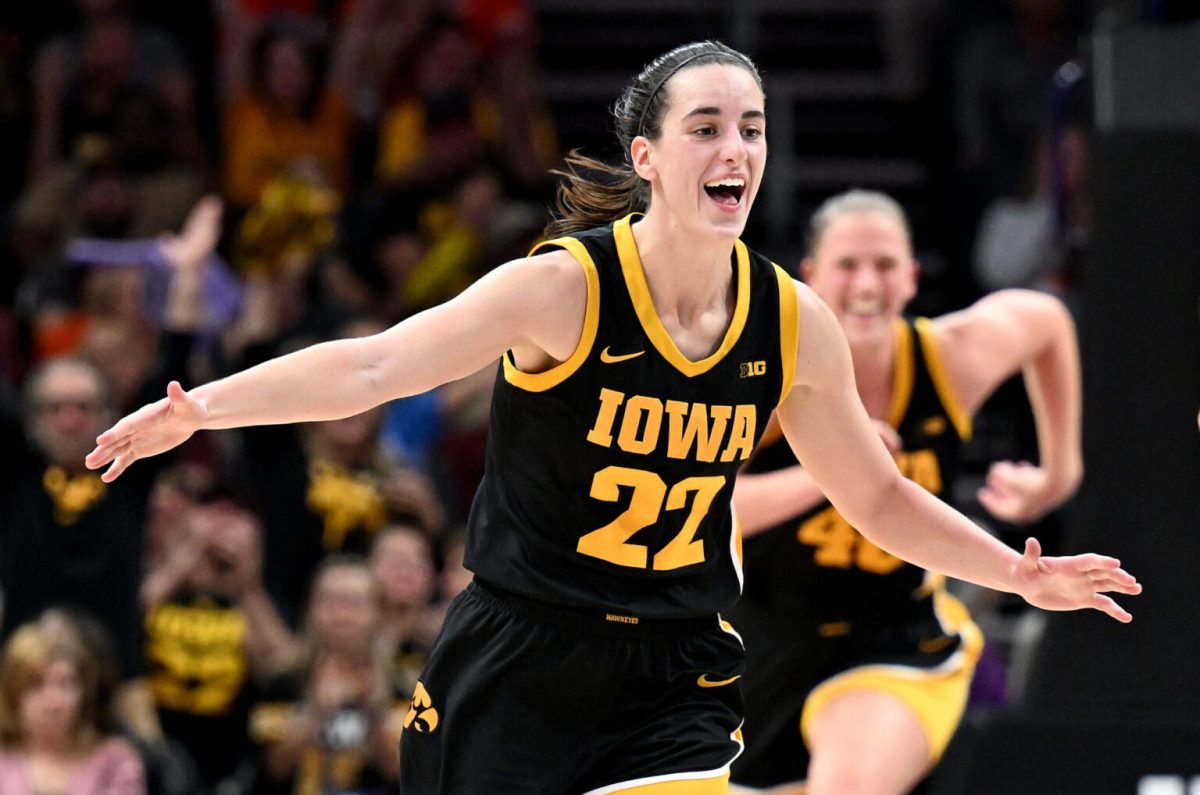
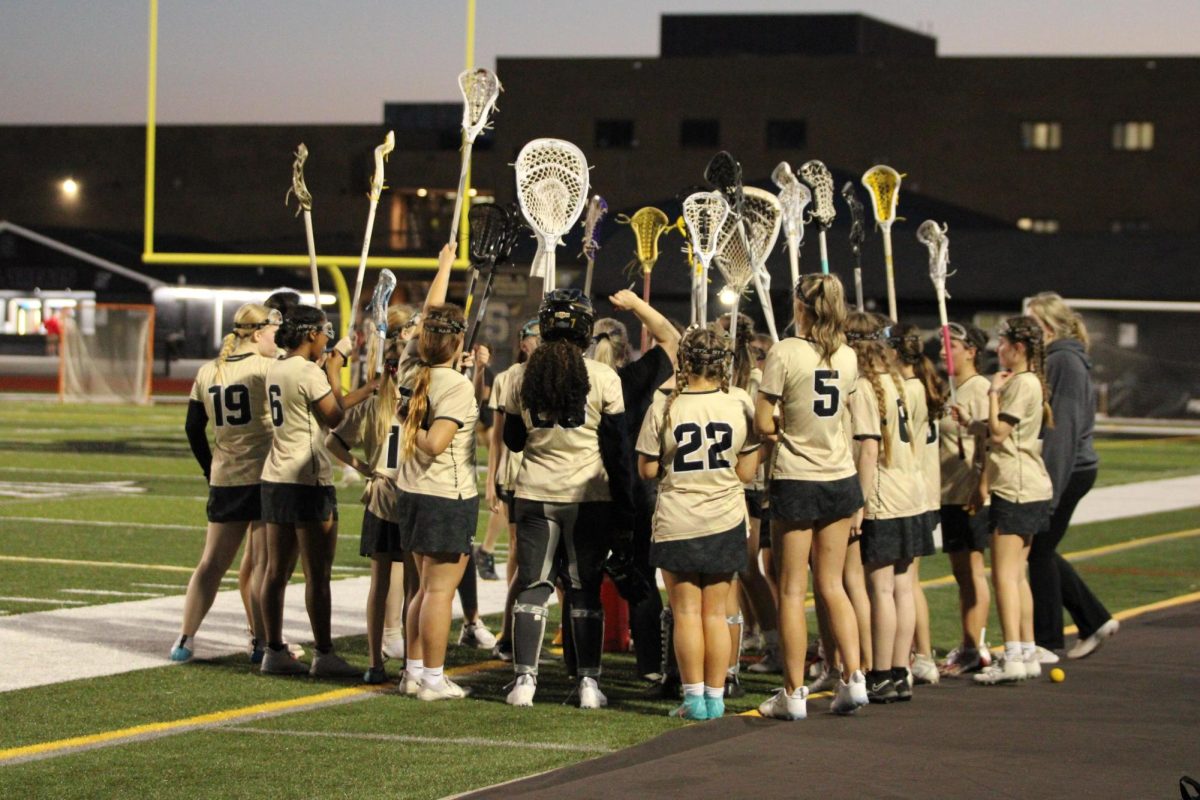
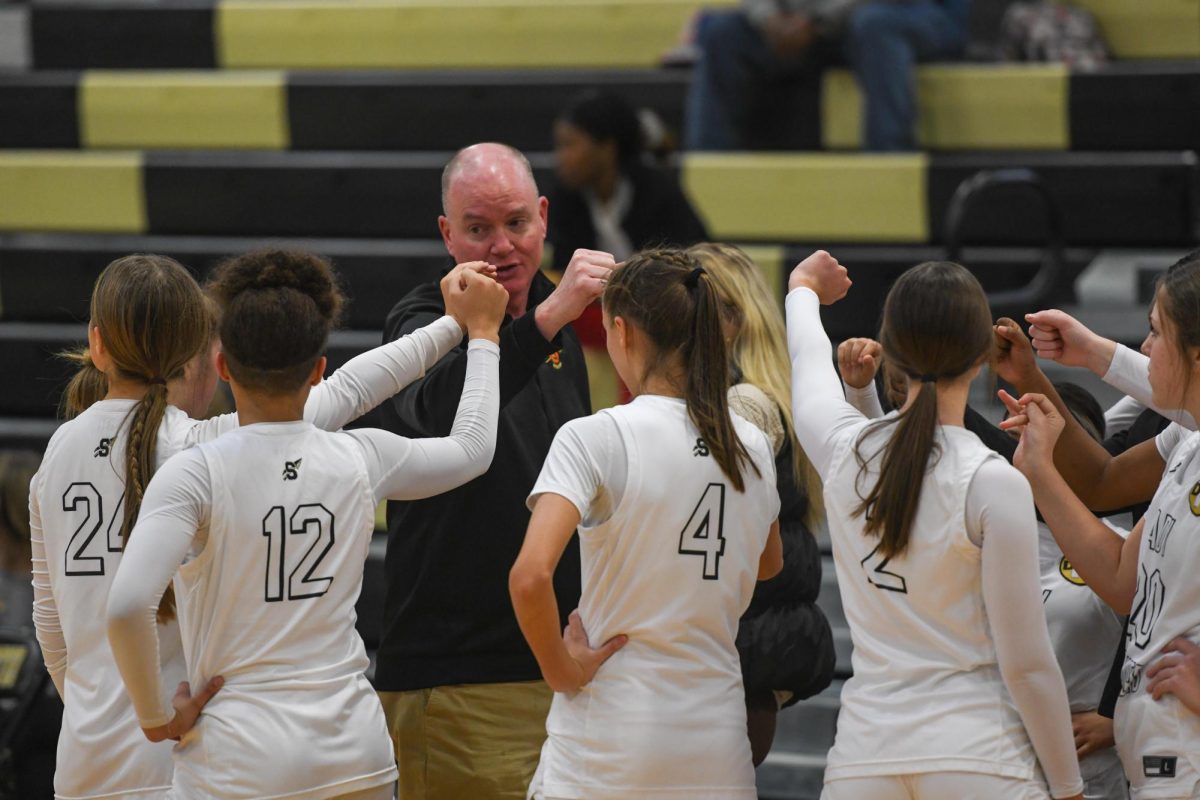
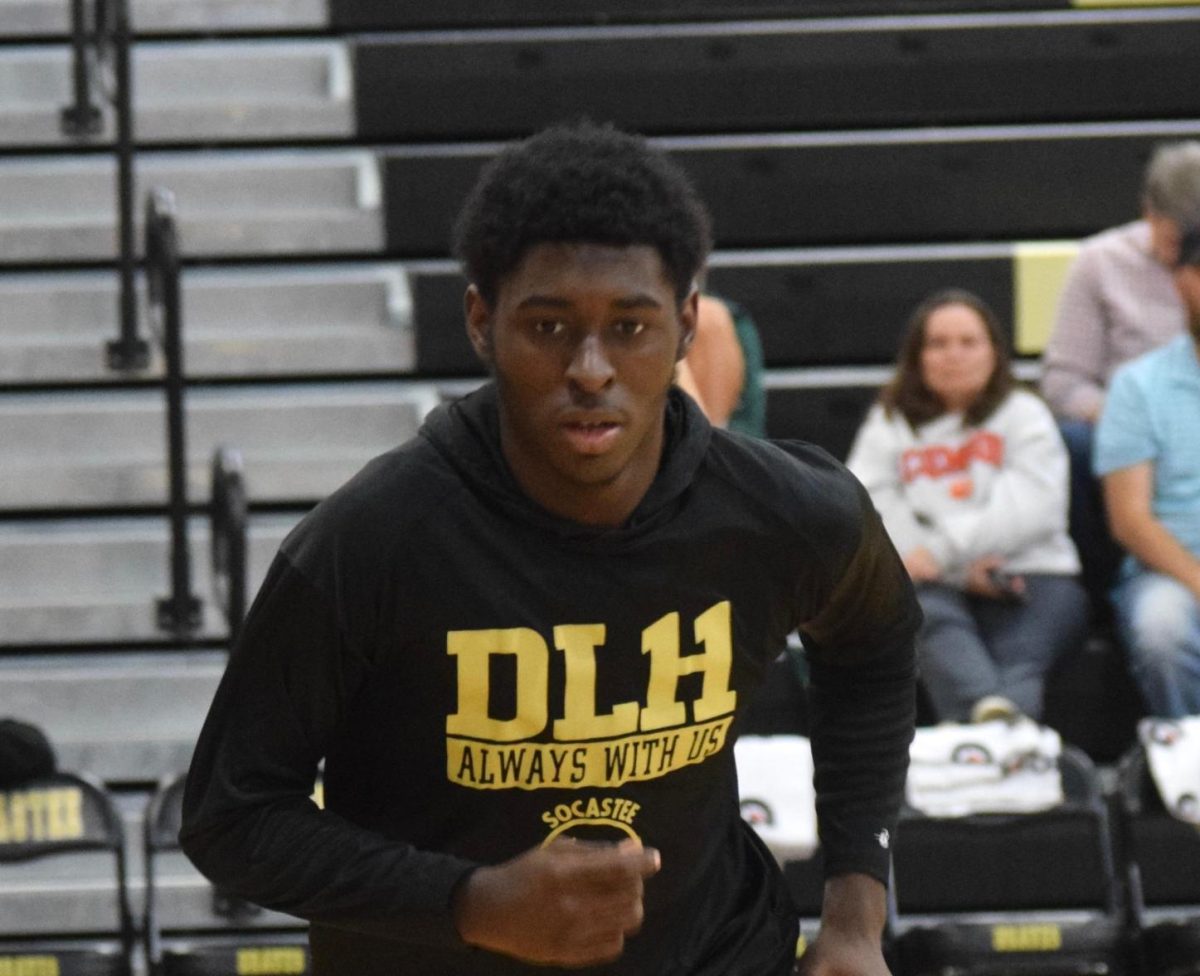


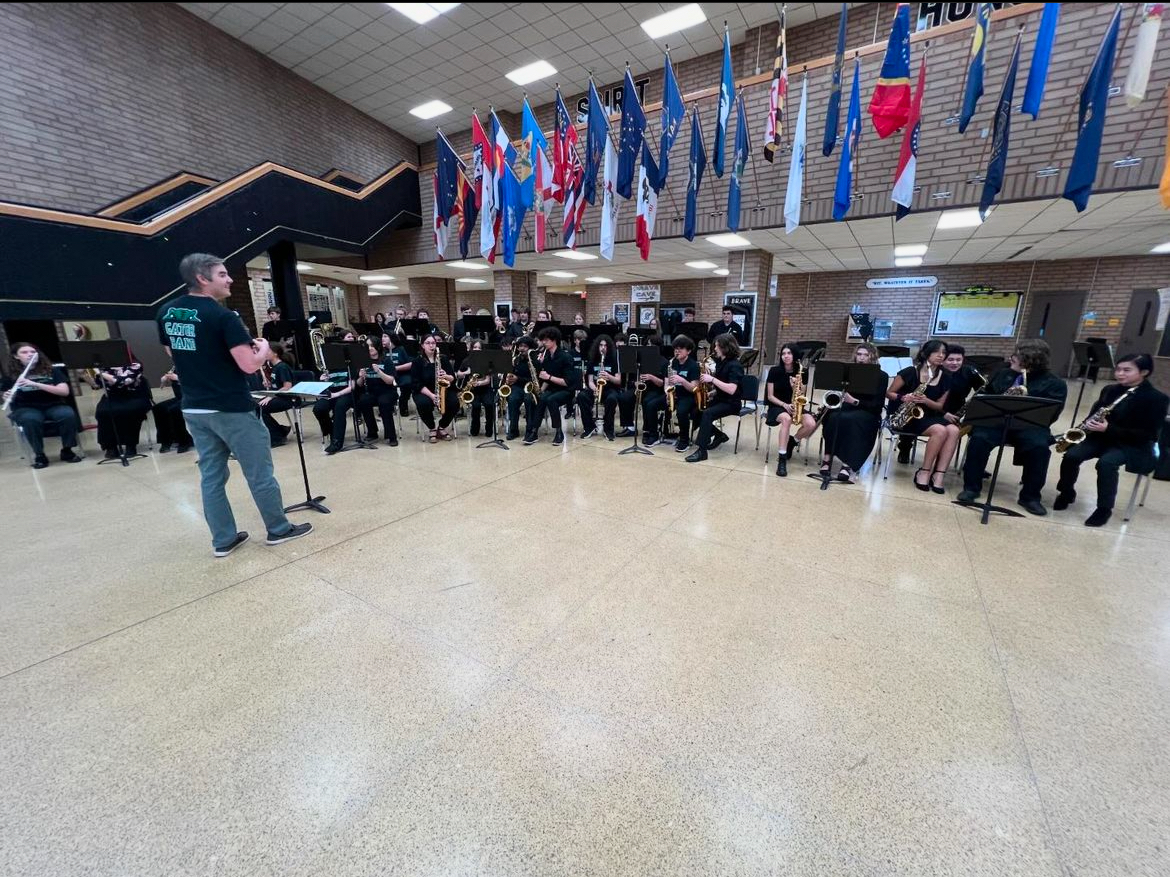

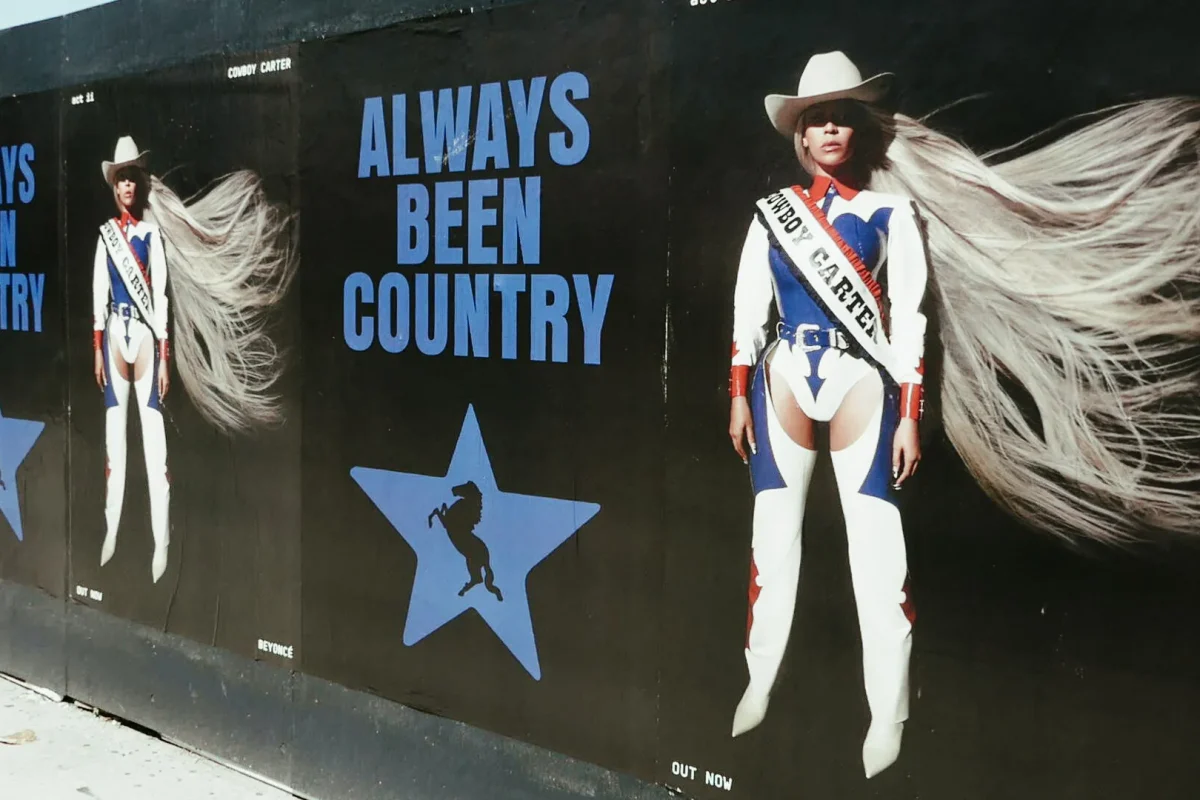





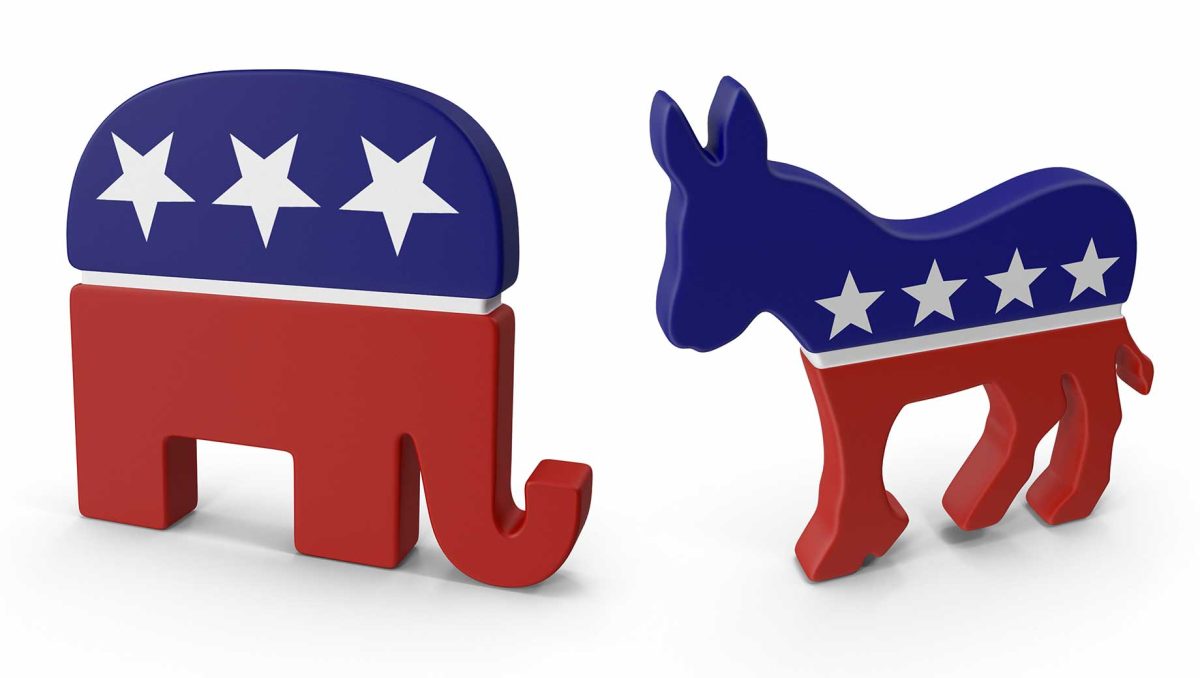

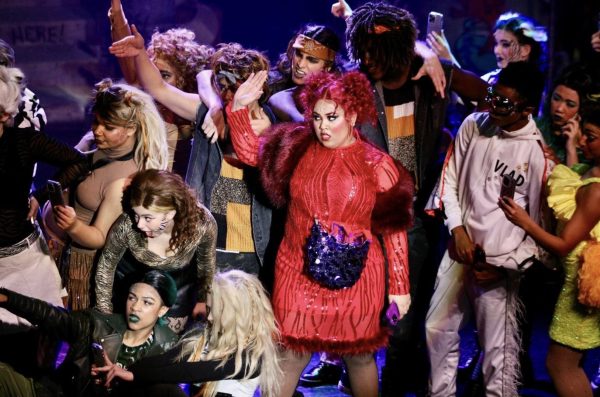

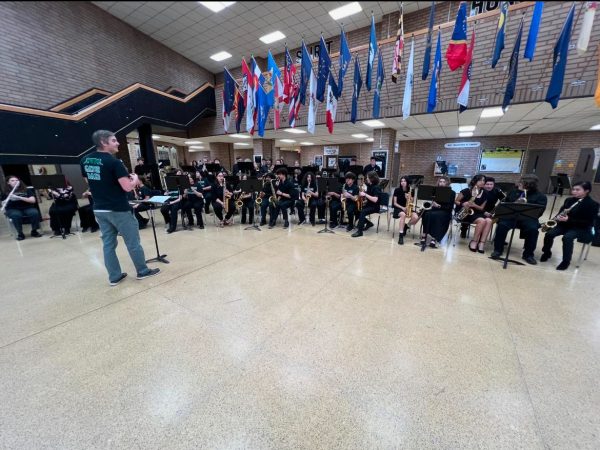

Mora Daly • Feb 1, 2022 at 9:35 pm
I love this article! I think it’s great to show support for everyone in the school and the let others know they are welcome to be themselves. School should be a safe space for everyone!
Leea Port • Jan 28, 2022 at 11:22 am
This was beautifully written, Grace. I love that you interviewed so many different people how in depth you were when explaining their stories. It made me happy to read why each person chose their name, and how much more comfortable they are with the change. This article was also was very informative! It was very respectful, showed many different perspectives, and it was inclusive to everyone by addressing not only names, but pronouns as well. I’m very proud of this addition to the newspaper!